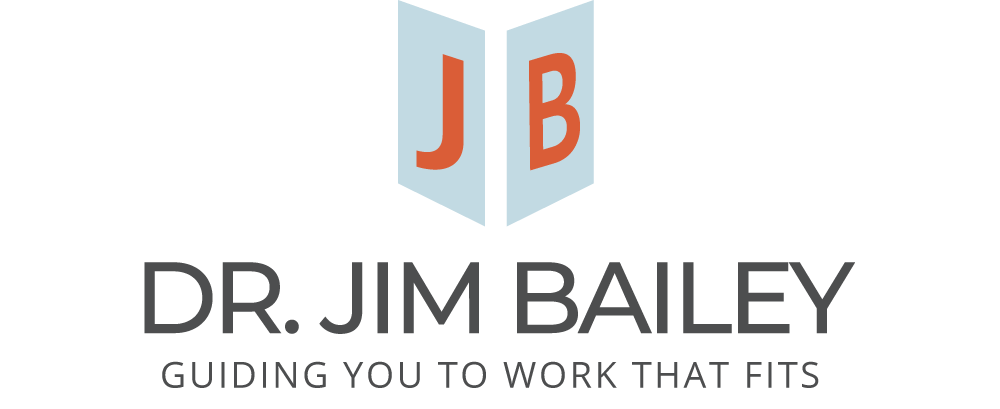Conveying the Right Message in Interviews - Job Search Strategies
I custom tailor my career coaching to the unique needs and situations of my clients, including their preparation for job interviews. In those cases we might work on specific wording to use when asked about previous employment or reasons for a job-field transition. But, there are some general guidelines that I communicate to every audience regarding job interview preparation because I consider these “rules for interviewing”. They convey the attitudes and mindsets many employers look for in potential employees.
A mind for research and willingness to learn – Convey this by doing your homework about the company with whom you interview and sharing that knowledge when opportunities present themselves.
A proactive and positive attitude – Share your professional aspirations and personal passions when discussing the company, the position, you career plans and/or your personal life.
A professional mindset – A polished and professional appearance and careful attention to clothing and personal grooming communicates your seriousness about the job. Ironed button-up shirts and professional blouses or suits tell an employer you’re ready to get to work.
Self-confidence – Preparation goes a long way when answering interview questions but a relaxed and confident demeanor in the face of complex or difficult questions also tells an interviewer you can maintain your composure under duress.
“Burn no bridges” – This is an idea that my father, a former business owner, taught me. Speaking only in positive tones about previous employers (remarking on what they do well or on the personal growth you experienced while employed there) is a great strategy that presents a positive outlook and protects you from appearing disgruntled or negative.
Express enthusiasm for the job – Employers look for people who are eager to join the team and contribute so telling them “the position sounds perfect” for you or that you’d “love to be a part of the team” will strike the right tone.
Arrive early but don’t expect them to – Research the location of the interview and anticipate traffic delays so you can be there 15-20 minutes early. (You can sit in your car for 5 or 10 minutes and review your notes before walking in.) Very often HR staff and interviewers have scheduled interviews in the middle of regular work hours, forcing them to juggle work demands. Your promptness, coupled with a display of patience and ease, enforces an appearance of professional calm.

